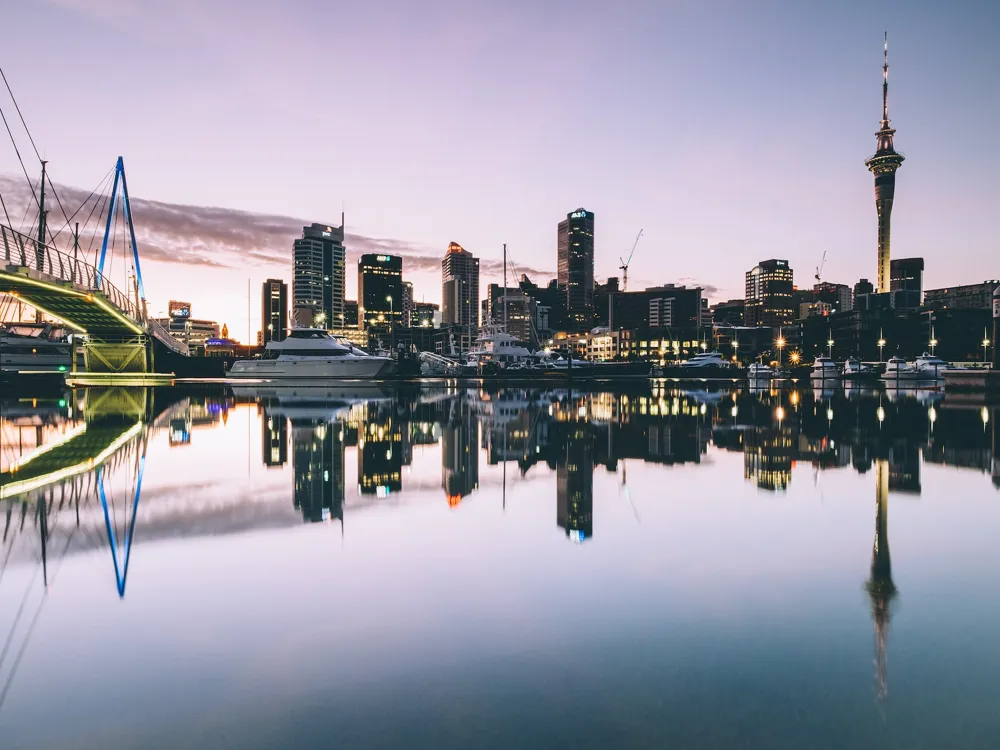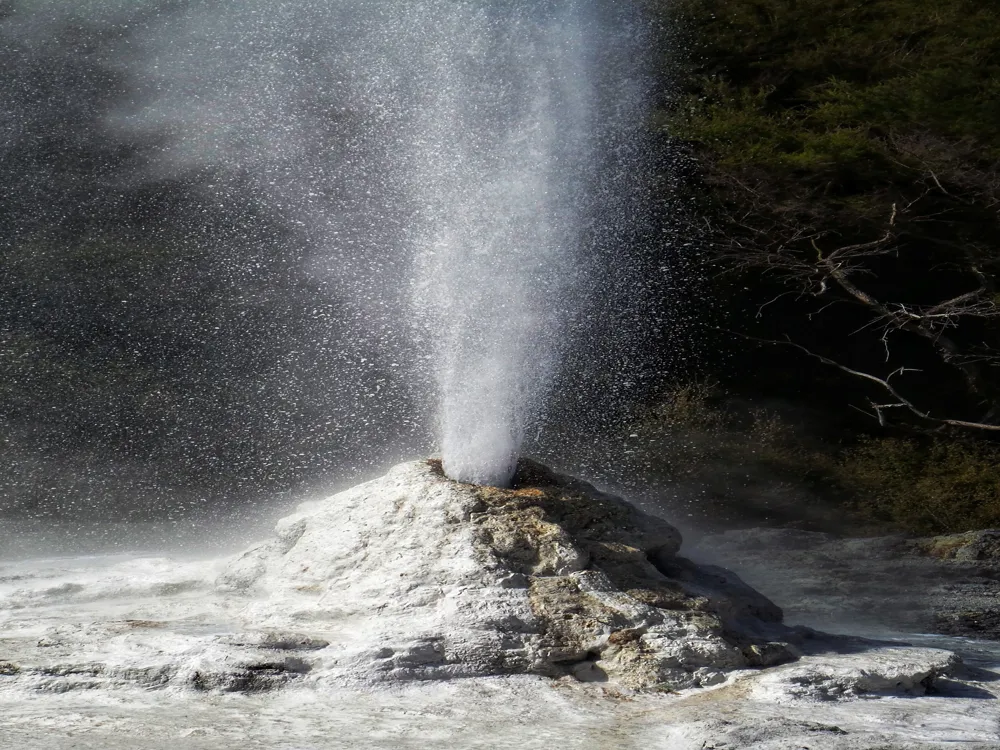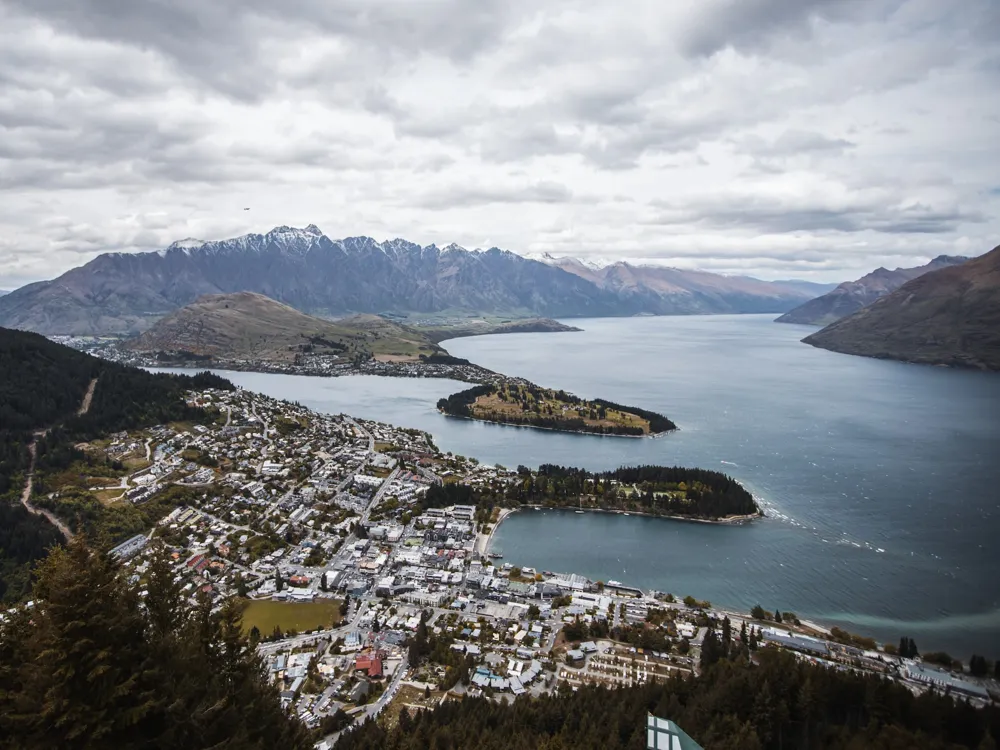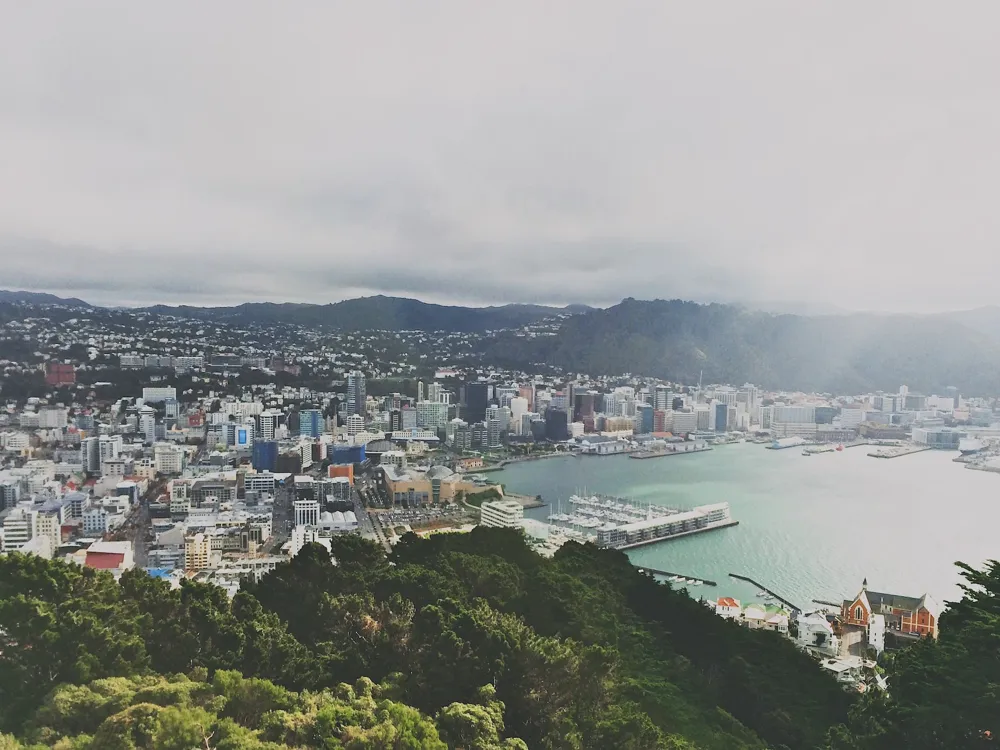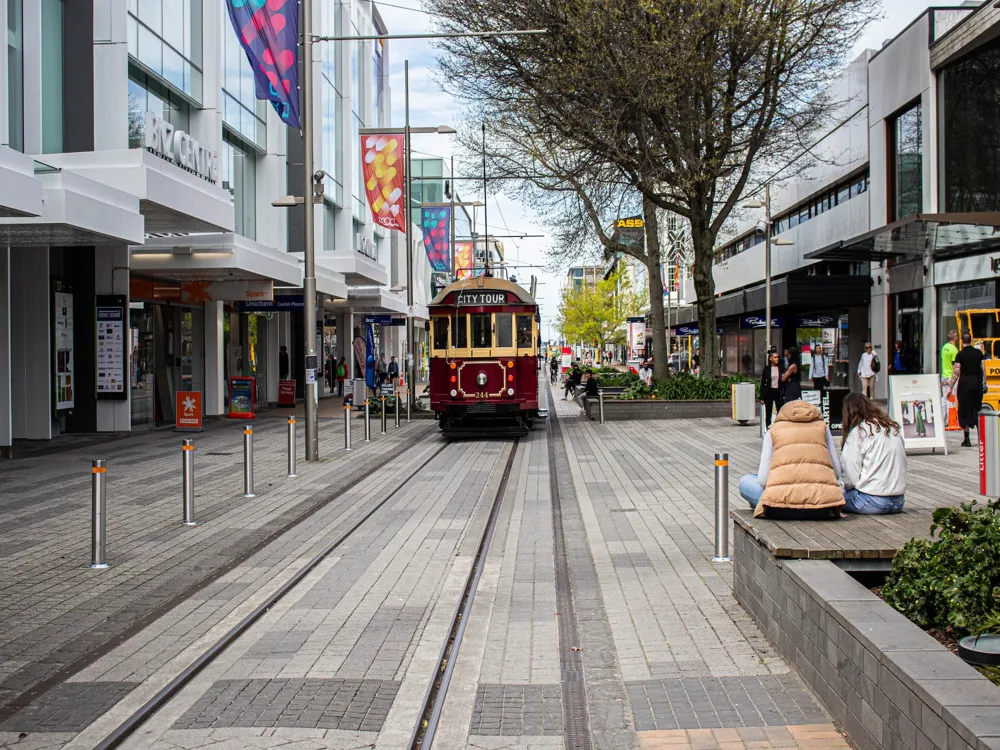Best Time to Visit New Zealand
New Zealand, a land of breathtaking landscapes and diverse climates, offers a unique experience throughout the year. To truly make the most of your visit, understanding the best time to explore this stunning country is crucial. This article provides a comprehensive guide to the varying seasons in New Zealand, helping you plan an unforgettable journey.
The warmer months of December through March are the ideal times to travel to New Zealand. Anticipate lengthy, sunny days with temperatures in the range of 61°F to 75°F. This is the perfect time of year to take advantage of the various outdoor activities offered, including hiking and mountain biking, or to explore the beautiful beaches.
Nonetheless, New Zealand is an amazing place to travel to any time of year due to its untamed beauty and diverse landscapes. Just be ready for a good dose of precipitation on the day you choose to come.
Skiers from all around the world come to the South Island and some of the more mountainous regions of the North Island between June and September, when snow frequently falls.Even though there are fewer tourists and nicer weather in the spring and autumn, these are still excellent seasons to come. Typically, the temperature is between fifty and sixty degrees.
What is the best time to visit New Zealand?
Discovering the optimal time to visit New Zealand involves navigating through its distinct seasons. From the vibrant energy of summer to the serene beauty of winter, each period offers a different flavour of the country. Understanding these nuances will help you tailor your trip to match your preferences and interests.
More about the Best Time to Travel to New Zealand
Digging deeper into the seasonal aspects, we explore the peak and offseasons in New Zealand. These periods play a significant role in shaping your experience, influencing factors such as crowd density, prices, and weather conditions.
Travel Peak Season in New Zealand
The peak season in New Zealand, characterised by warmer temperatures and longer days, typically attracts more tourists. Explore the advantages and considerations of travelling during this bustling time.
-
Summer (December to February):
- Weather: Summer is the peak season in New Zealand, and it spans from December to February. During this time, the weather is generally warm and daylight hours are longer, providing ample opportunities for outdoor exploration.
- Outdoor Activities: Visitors flock to New Zealand during the summer to engage in outdoor activities such as hiking, camping, water sports, and exploring the diverse landscapes, including beaches, mountains, and fjords.
- Festivals and Events: Summer sees various cultural events, festivals, and outdoor concerts, adding to the vibrant atmosphere.
-
School Holidays:
- Christmas Break and Summer Holidays: The peak season coincides with the Christmas break and the extended summer holidays, making it a popular time for family vacations. Many locals and international visitors explore the country during this period.
-
January to early February:
- Busy Period: January, in particular, is one of the busiest months for tourism in New Zealand. The country experiences an influx of visitors, and popular attractions may have higher footfall.
- Key Events: The New Year's holiday and the lead-up to the Waitangi Day national holiday on February 6 contribute to increased travel activity.
-
South Island and Fiordland (late summer to early autumn):
- Late Summer Appeal: Late summer and early autumn (February to March) can also be attractive, especially in the South Island and Fiordland, as the weather remains pleasant and there are fewer crowds compared to the peak of summer.
Travel Offseason in New Zealand
On the flip side, the offseason in New Zealand provides a quieter, more intimate experience. Learn about the benefits of visiting during this period and how to make the most of the tranquilly.
-
Winter (June to August):
- Weather Conditions: Winter in New Zealand, from June to August, brings cooler temperatures and, in some regions, snowfall, especially in the Southern Alps and central parts of the South Island.
- Ski Season: While winter is the offseason for many outdoor activities, it is the peak season for skiing and snowboarding. Ski resorts in Queenstown, Wanaka, and the central North Island attract visitors for winter sports.
- Quieter Attractions: Popular attractions, especially those in outdoor settings, may have fewer visitors during the winter months.
-
Late Autumn to Early Spring (April to October):
- Shoulder Seasons: Late autumn (April to May) and early spring (September to October) can be considered shoulder seasons. While not as cold as winter, these months may offer more affordable travel options with fewer crowds compared to the peak summer period.
- Changing Scenery: Autumn brings beautiful foliage, while spring sees the blooming of flowers, making these seasons visually appealing.
-
Midweek Travel:
- Quieter Periods: Traveling on weekdays, especially from Tuesday to Thursday, tends to be quieter than weekends. Attractions and accommodations may have fewer crowds.
New Zealand Weather in Winter (November – February)
Diving into the specific seasons, we begin with winter. From November to February, New Zealand experiences its winter, bringing cooler temperatures and unique charm. Uncover the details of each winter month.
New Zealand Weather in November
November marks the beginning of winter, when nature undergoes a subtle transformation. Learn about the weather conditions and activities suitable for this time.
New Zealand Weather in December
December heralds the full onset of winter. Explore the festive atmosphere and outdoor adventures tailored for this month.
New Zealand Weather in January
January offers a unique blend of summer and winter vibes. Discover the eclectic weather patterns and events that make this month special.
New Zealand Weather in February
As February unfolds, the winter season starts to wane. Learn about the transitional weather and the activities that characterise this month.
New Zealand Weather in Summers (March to June)
Moving to the summer season, March to June brings warmth and outdoor opportunities. Delve into the details of each summer month.
New Zealand Weather in March
March signals the beginning of summer, with nature blossoming and temperatures rising. Uncover the beauty and events of this month.
New Zealand Weather in April
April brings the full glory of summer, inviting travellers to explore the great outdoors. Learn about the activities and attractions during this sunny period.
New Zealand Weather in May
May offers a more settled version of summer, perfect for those seeking a balance between warmth and tranquilly. Discover the charm of this month.
New Zealand Weather in June
June marks the end of summer, with cooler temperatures setting in. Explore the unique experiences and events tailored for this transitional period.
New Zealand Weather in Monsoon (July – October)
The monsoon season, spanning from July to October, introduces a different facet of New Zealand. Understand the dynamics of each monsoon month.
New Zealand Weather in July
July brings rainfall and a refreshing change in scenery. Learn about the unique activities and landscapes that define this rainy month.
New Zealand Weather in August
August continues the monsoon charm, offering lush greenery and a different perspective on New Zealand's beauty. Discover the highlights of this month.
New Zealand Weather in September
As September arrives, the monsoon begins to subside, making way for a mix of rain and sunshine. Explore the transitional weather and activities during this month.
New Zealand Weather in October
October marks the end of the monsoon season, with nature gearing up for the upcoming summer. Discover the unique characteristics of this transitional period.
Best Time to Visit in New Zealand | Weather, Best Season, Temperature
Explore the overall best time to visit New Zealand, considering the diverse preferences and interests of travellers. From ideal weather conditions to specific seasonal events, find the perfect time for your adventure.
Conclusion
Planning the perfect trip to New Zealand involves understanding the nuances of each season. Whether you're a fan of winter wonders, summer adventures, or the tranquilly of the offseason, New Zealand has something to offer year-round.
Tourist Places to Visit in New Zealand
Auckland
Auckland is one of New Zealand's oldest and most historic cities apart from it being the largest and most populous, making it one of the country's most important tourist hubs. Situated by two large harbours, Auckland combines natural beauty and city scapes, drawing in visitors for leisure ...
Rotorua
Considered to be an epitome of the flourishing Maori culture, this charming town is set with the backdrops of volcanic landscapes and enveloped in stunning mountain peaks, meandering streams, dense woods, mesmerizing waterfalls and several freshwater lakes. Popular as a ‘geothermal wo...
Invercargill
Southernmost and Westernmost city of New Zealand, Invercargill is also one of the southernmost cities of the world. A commercial centre in the Southland region, Invercargill is rich farmland and is surrounded by conservation land and has a lot of marine reserves.
Queenstown
Queensland is a beautiful town on the Southern Island that is famous for being an adventurer's paradise! With a plethora of activities for the thrill seekers, coupled with some marvellous and picturesque attractions make Queenstown a memorable visit. It is home to some of the most popular ski r...
Wellington
Known for its vibrant creative culture intensified by the sumptuous cuisine, delicious wine, world-class craft beer and coffee, Wellington is the capital city and the most populous urban town in New Zealand. Guarded by majestic mountains and snuggled between cosy hills, the city also has a flat wate...
Christchurch
Christchurch is New Zealand's third and South Island's third and largest city. It is a hub for English culture and heritage in New Zealand, combined with some of the best gardens in the world, earning it international acclaim as the 'Garden City'. The modern buildings blend with the remnants of...
All Places to Visit In New Zealand
Faq
Is New Zealand cold all year round?
New Zealand experiences a range of temperatures, from cool winters to warm summers. It's advisable to check the specific weather for your planned visit.
What is the most crowded time to visit New Zealand?
The peak season, from December to February, tends to be busier due to favorable weather conditions.
Are outdoor activities available during the winter season?
Yes, winter in New Zealand offers unique outdoor activities, such as skiing and snowboarding.
Can I visit New Zealand during the monsoon season?
While it's possible, be prepared for rain and check local conditions for any travel disruptions.
What is the best month for hiking in New Zealand?
The summer months, especially February and March, provide excellent hiking conditions with milder temperatures.


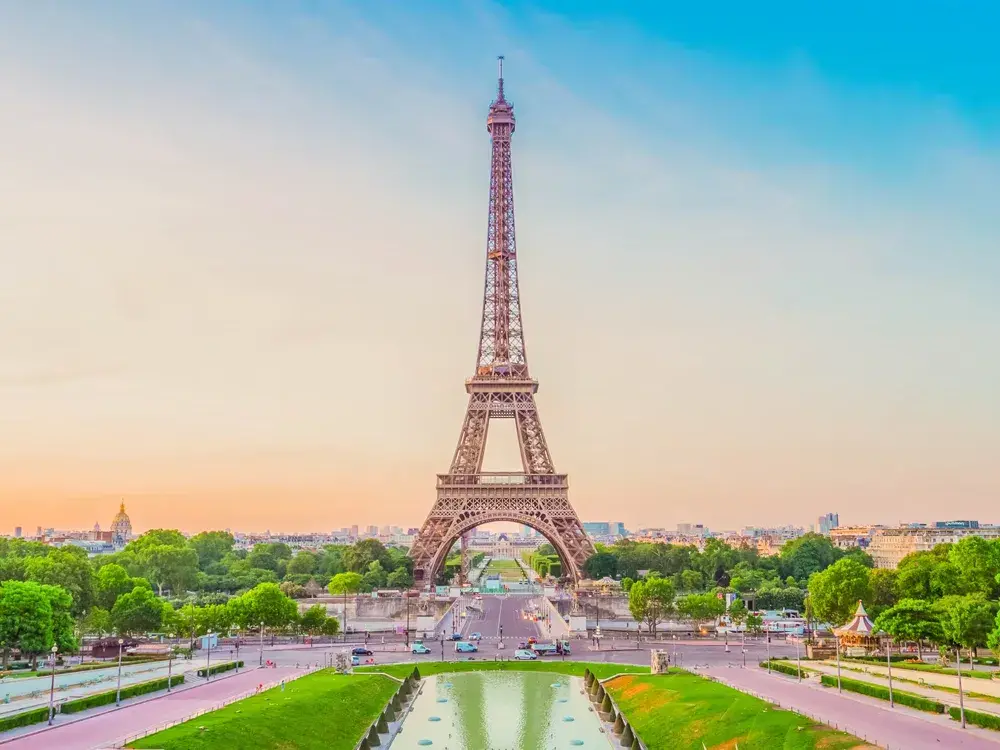
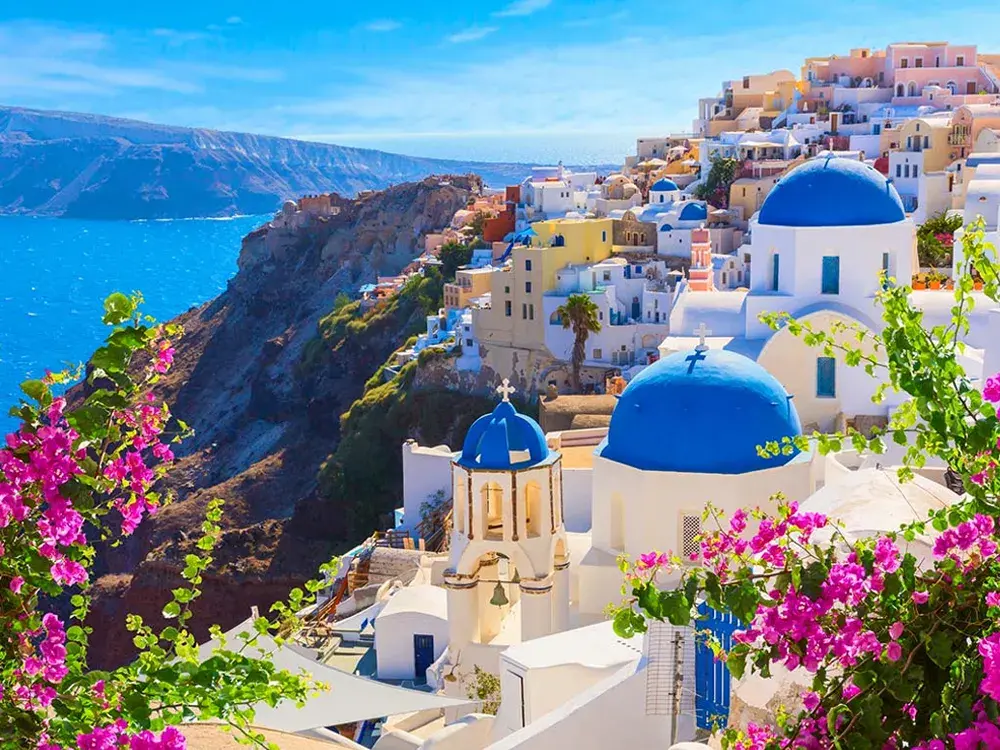
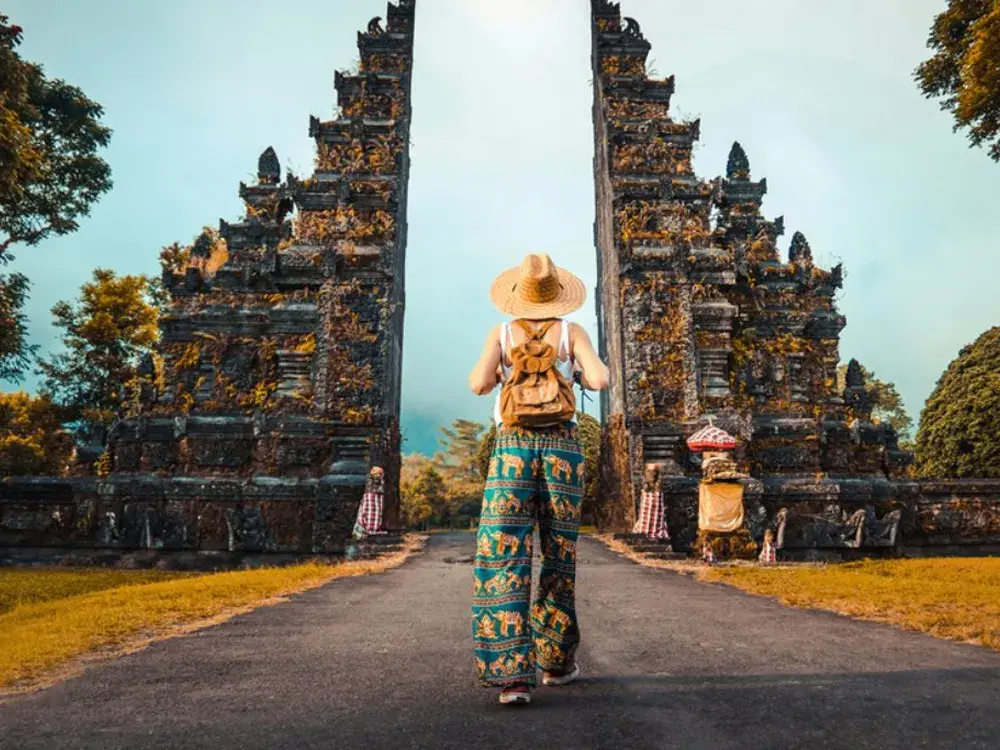

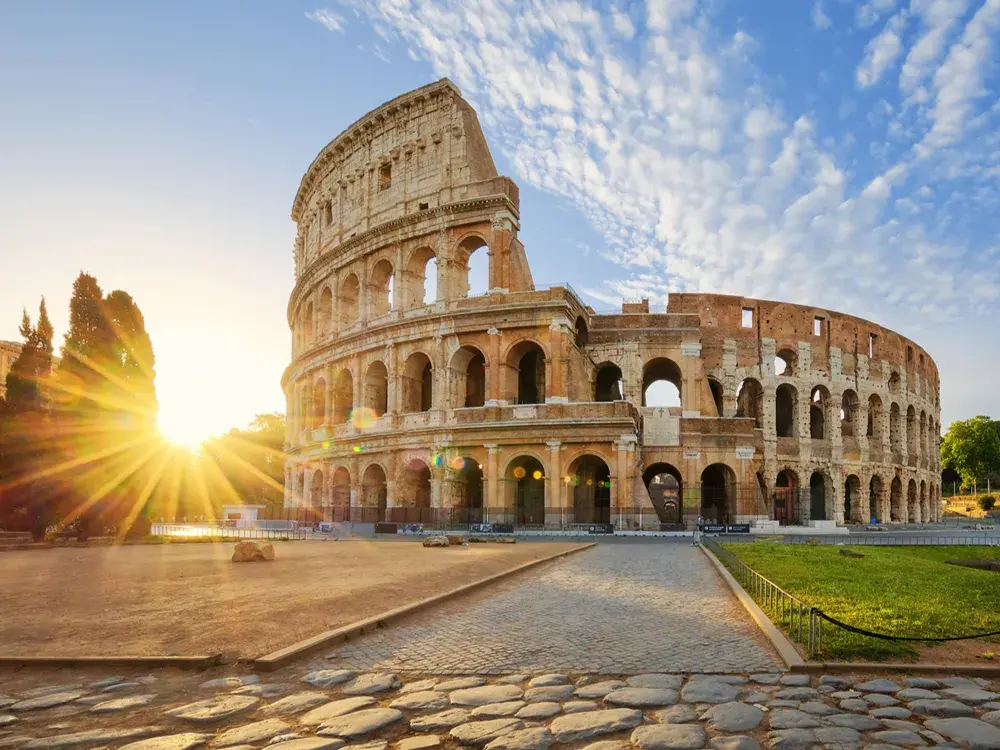
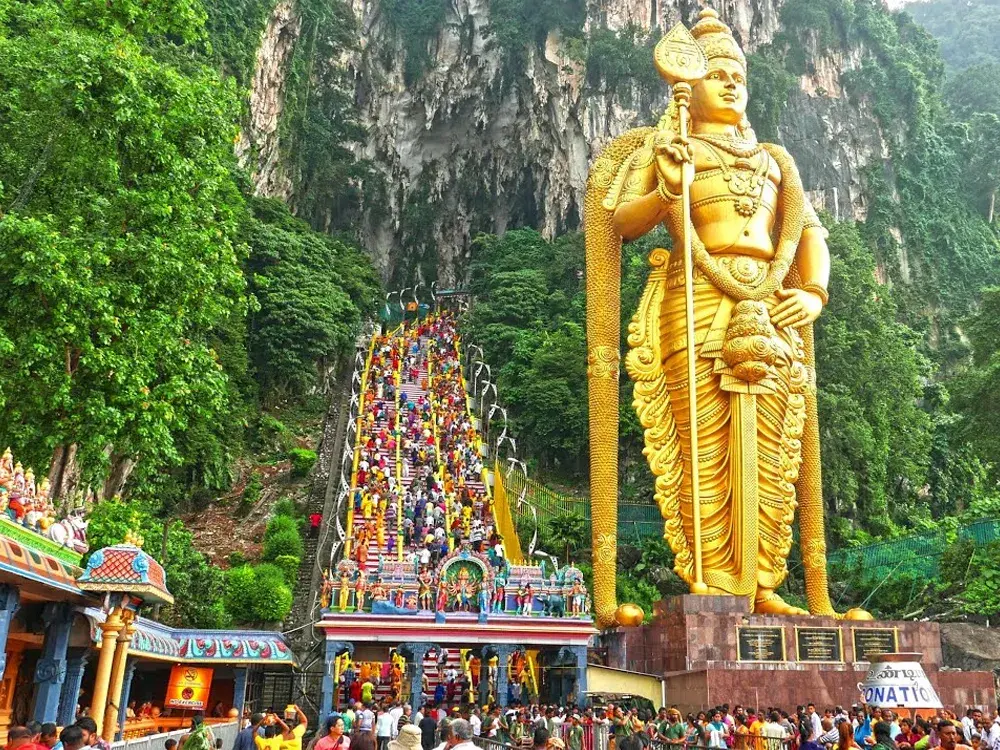
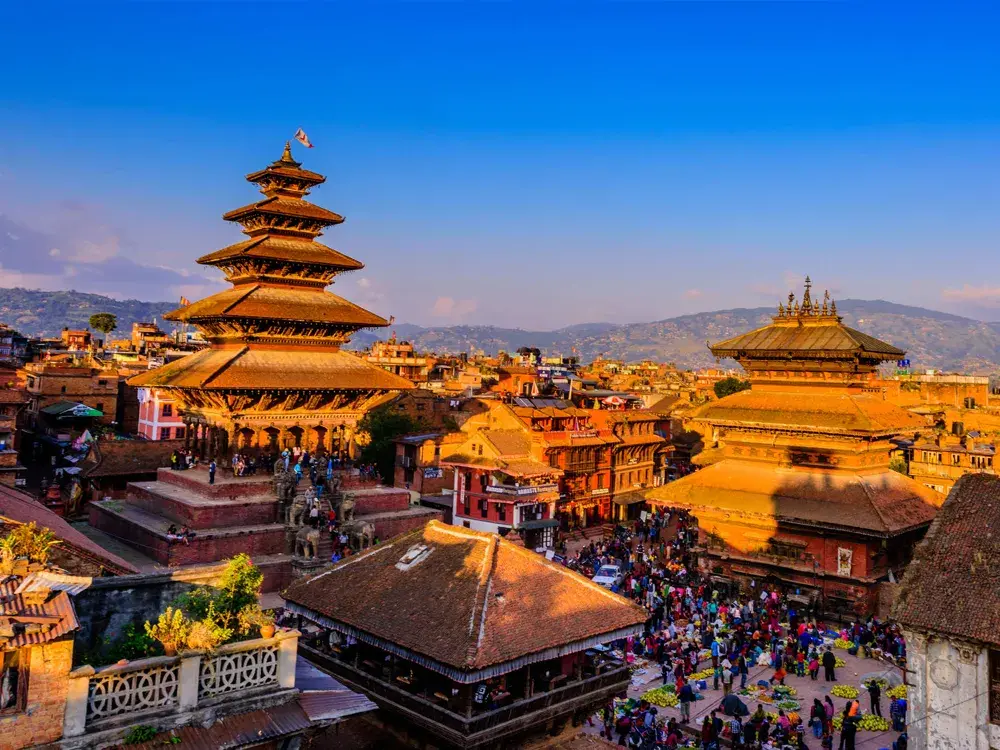
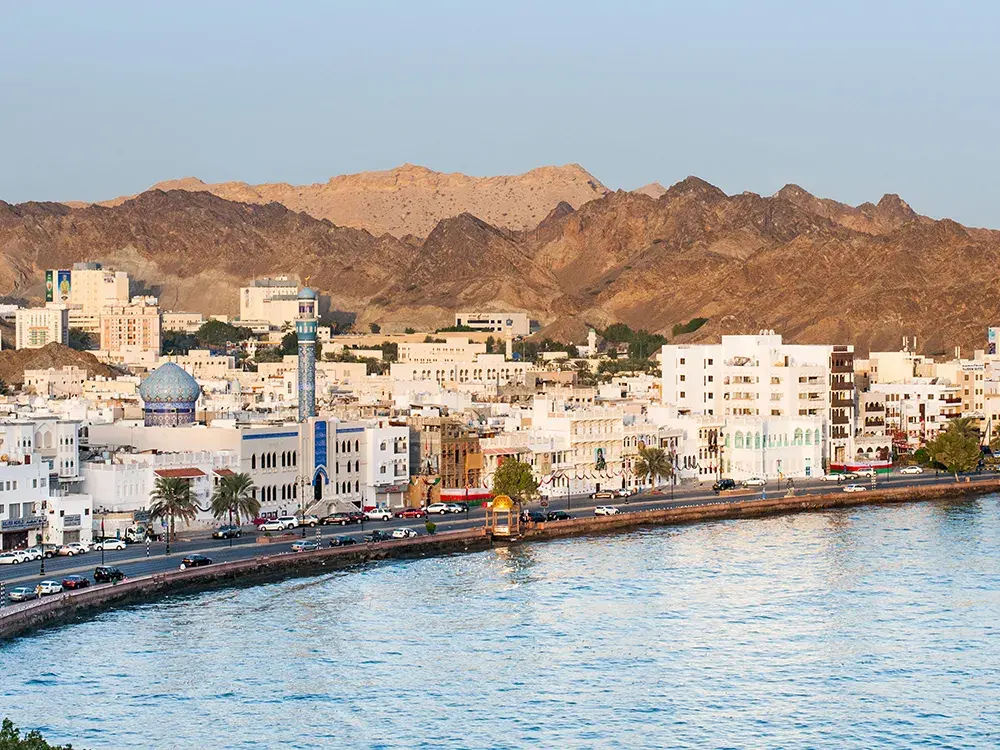
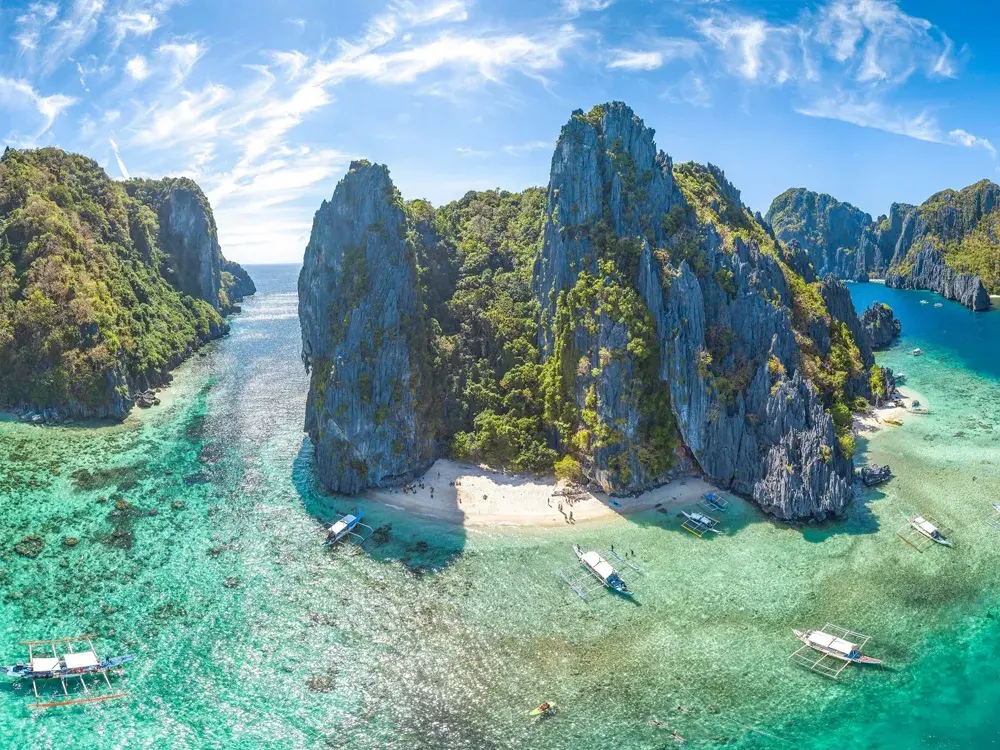
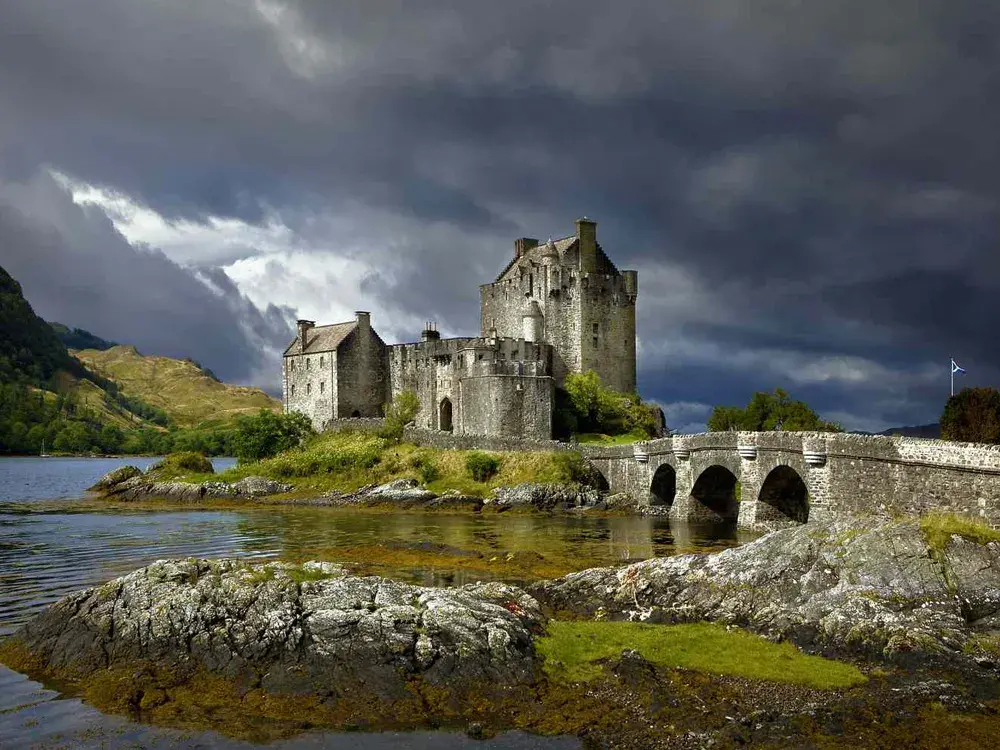
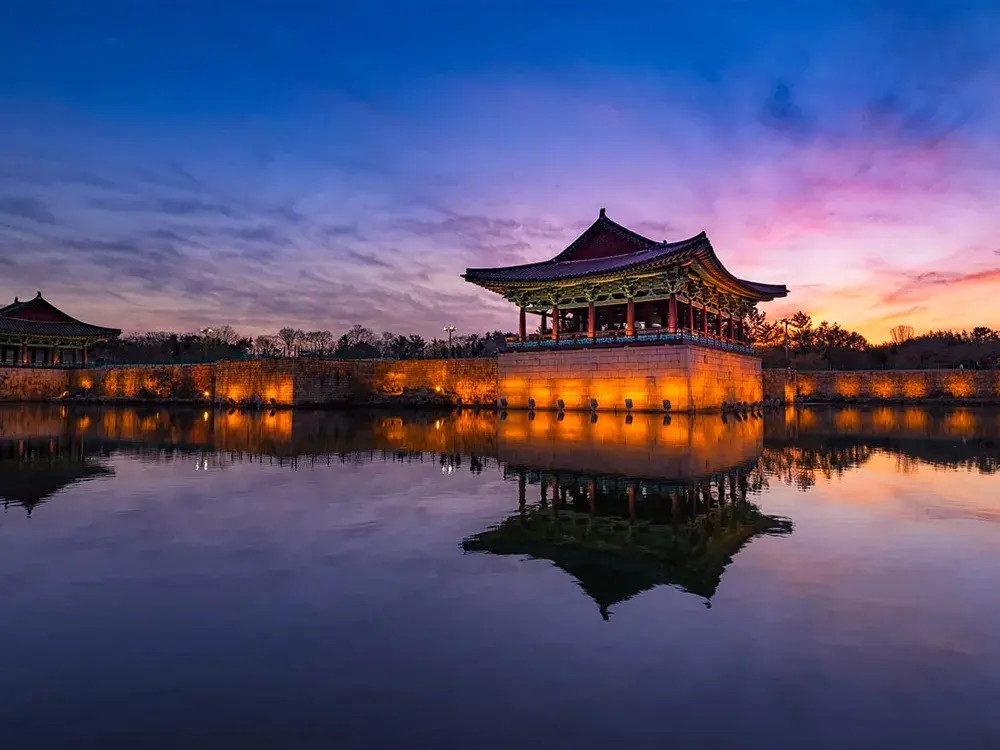
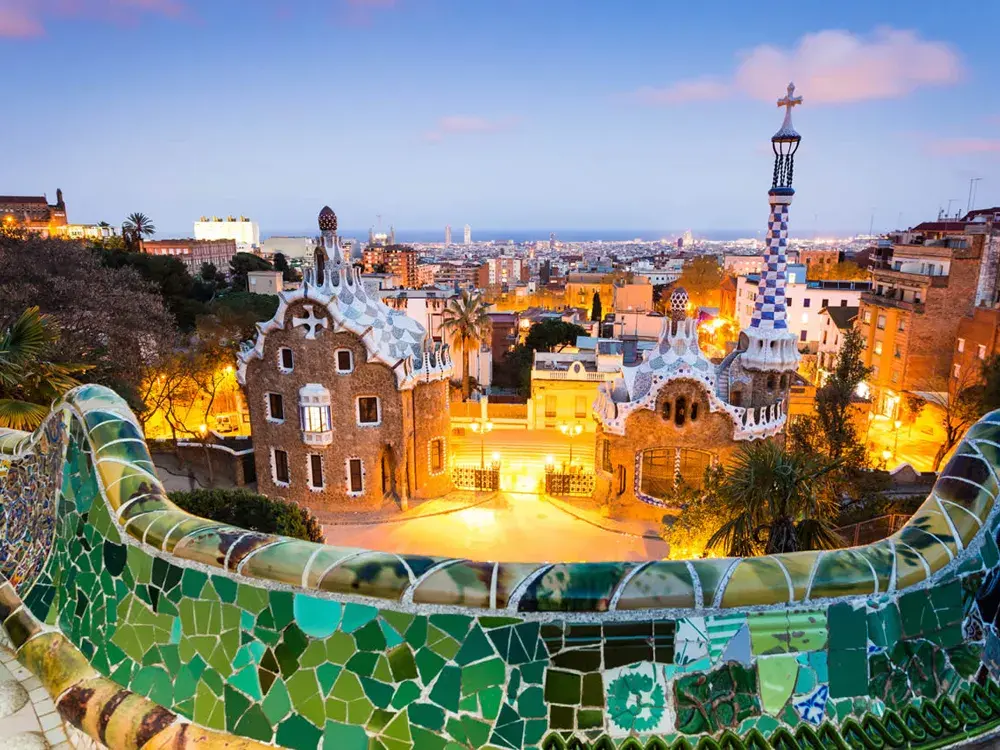

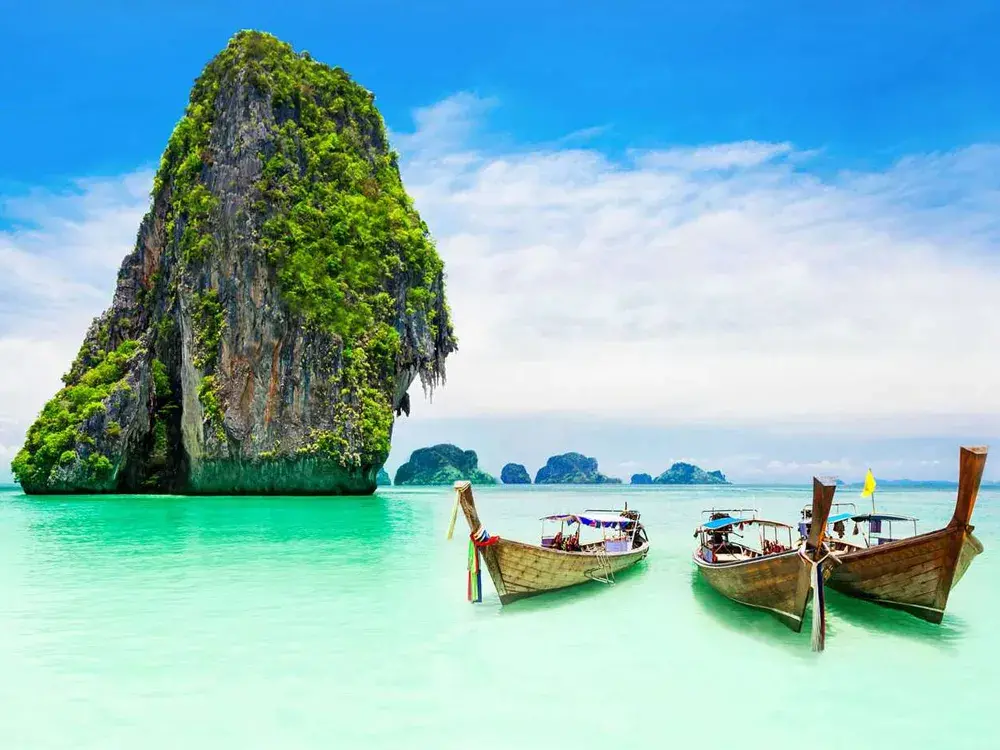

.webp)




